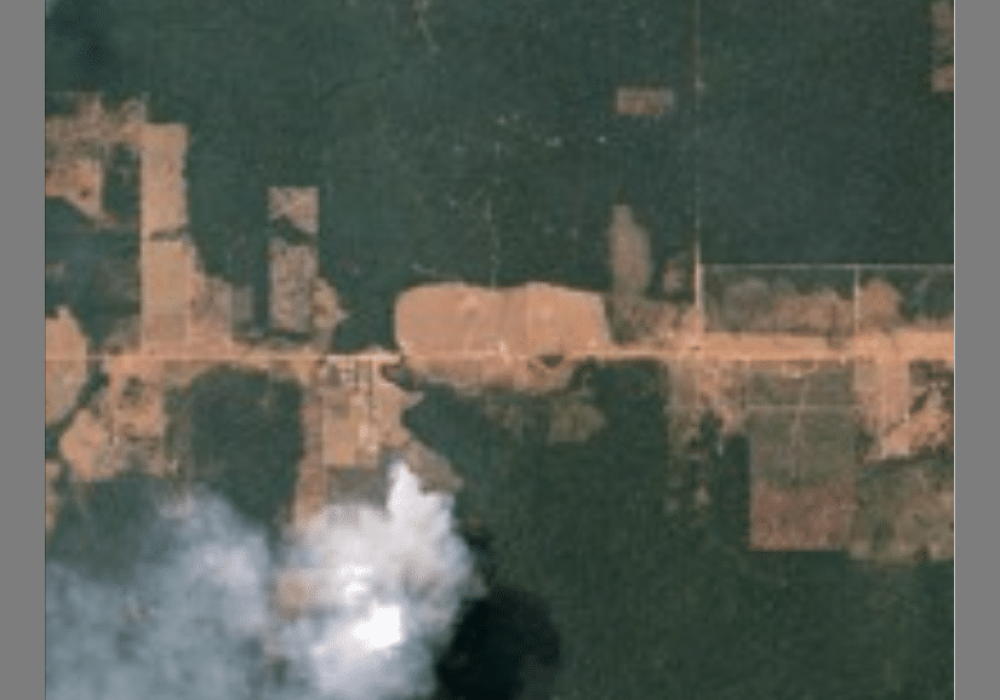Free and open to the public. This event is being co-presented with the International Academy for Bioethical Inquiry, and co-sponsored by the Albert Gnaegi Center for Health Care Ethics. This event will be held on Zoom (registration required) and live-streamed on YouTube.
In 2000, scientists argued that human impact on the Earth reached levels meriting the creation of a new geological epoch, naming it the Anthropocene. The challenge of the Anthropocene is more than just an acknowledgement of changes to our planet, but also a challenge to humanity, pressing us to reconsider human health, action, and ethics. Can theological insights, ranging from early Christian thinkers to Pope Francis’s Laudato si’, help orient us in the Anthropocene, or do they fall short of the challenge? Join as this interdisciplinary panel brings scientific, theological, and ethical perspectives to bear on integral bioethics in the Anthropocene.

